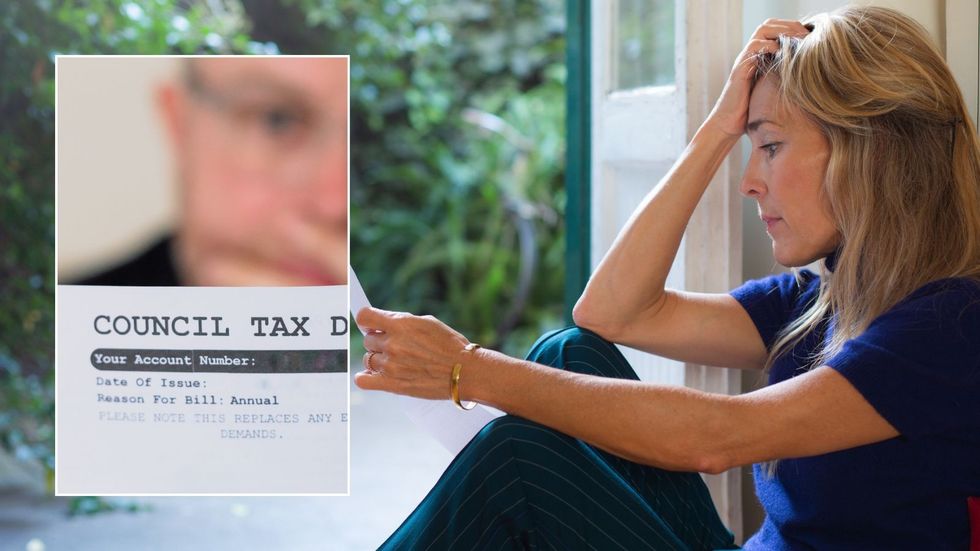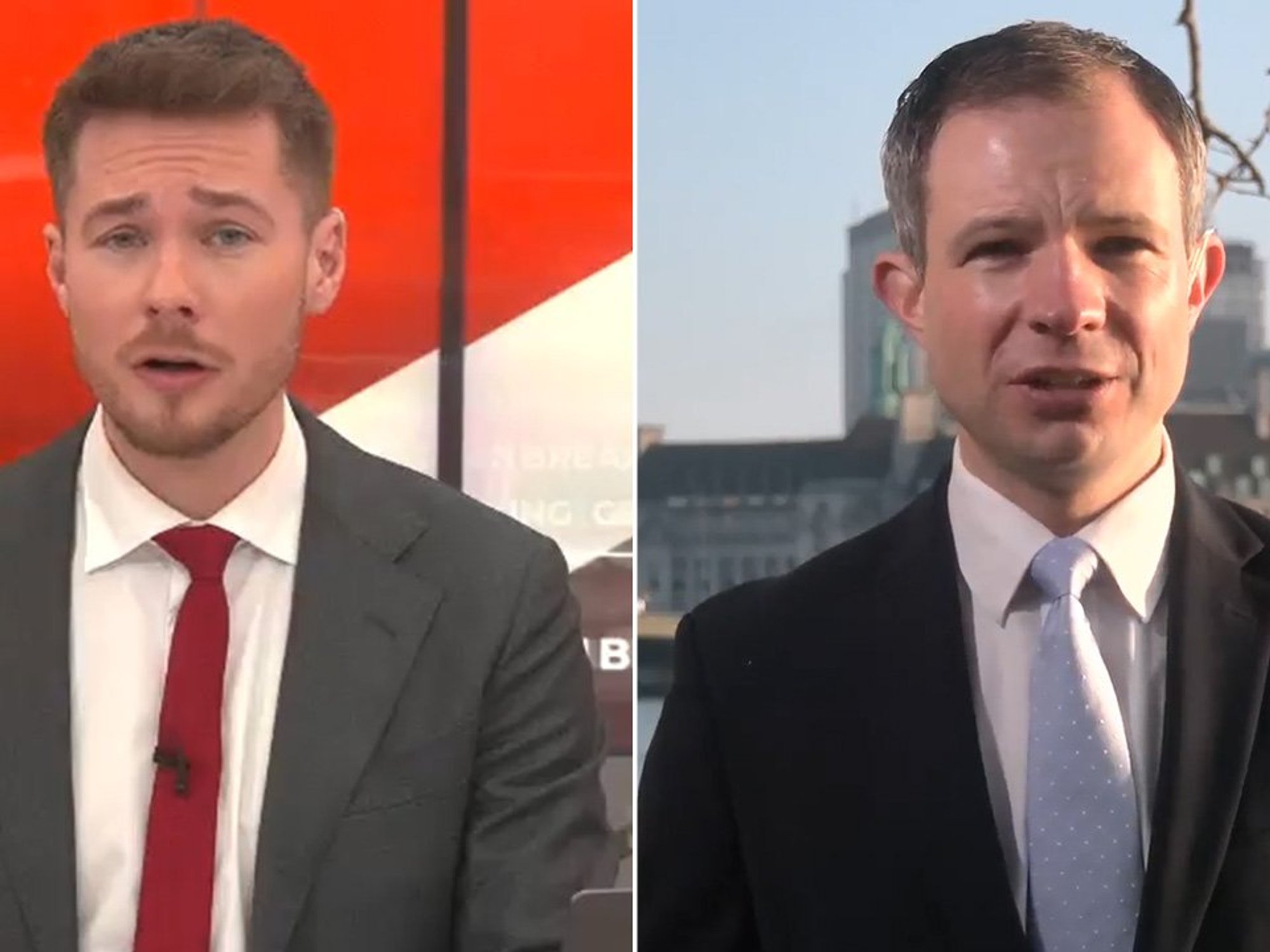Full council tax relief: Are you entitled to a 100% discount?

Birmingham residents outraged at council tax hike - 'Starmer is NO GOOD for this country!' |
GB NEWS

Check the categories among those eligible for total council tax relief
Don't Miss
Most Read
Some residents in Britain are eligible for 100 per cent council tax relief.
The levy applies to most adults aged 18 and above, with standard rates based on two or more adults sharing a property.
However, Government regulations provide complete exemptions for specific groups, including full-time students and individuals with severe mental impairments.
Households made up entirely of full-time students do not pay any council tax.
TRENDING
Stories
Videos
Your Say
Who is eligible for the 100% exemption?
- Students
- Low-income households (threshold local council dependent)
- People who are severely mentally impaired
According to GOV.UK, qualifying courses must last at least 12 months and include 21 or more hours of weekly study.
Young people under 20 studying towards A-level qualifications follow different rules, needing courses of at least three months with twelve hours of weekly instruction.
Mixed households containing both students and non-students remain liable for council tax, although reductions may apply.
Those receiving a council tax bill despite qualifying for the student exemption should contact their local authority.

Some residents in Britain are eligible for 100 per cent council tax relief
| GETTYFull-time students must provide documented confirmation in their application, with each council managing its own exemption process.
Residents with severe mental impairments may also qualify for total exemption.
Medical professionals such as GPs must certify the impairment, supported by proof of qualifying benefit entitlement.
Full exemption applies when these residents live alone or with others who are also severely mentally impaired or full-time students.

Medical professionals such as GPs must certify the impairment, supported by proof of qualifying benefit entitlement
| GETTYA 50 per cent reduction applies when all other household members fall into the “disregarded” categories.
Who is ‘disregarded’ for council tax purposes?
Some people are classed as “disregarded” when councils calculate council tax - meaning they don’t count towards the number of adults in a household. This can reduce the bill or trigger a discount.
Those who qualify include:
- People under 18
- Apprentices on approved schemes
- Full-time student nurses
- Foreign language assistants registered with the British Council
- Live-in carers looking after someone who isn’t their partner, spouse or child under 18
- Diplomats
- Young people under 25 receiving funding from the Education and Skills Funding Agency
Applications require both medical certification and benefit documentation.
Local councils manage these requests individually, so residents should contact their authority for details.
People experiencing financial hardship may qualify for council tax support, previously called council tax reduction.
According to GOV.UK: "You could be eligible if you're on a low income or claim benefits. Your bill could be reduced by up to 100 per cent. You can apply if you own your home, rent, are unemployed or working."
Each local authority operates its own scheme, meaning eligibility rules differ across the country.
Councils assess income, savings, pensions and household circumstances before deciding how much support to offer.
The number of children or other adults in the property can also affect the amount of reduction.
Certain individuals are “disregarded” when councils calculate how much tax a household must pay.
This category includes people under 18, apprentices, and individuals under 25 receiving Education and Skills Funding Agency support.
LATEST DEVELOPMENTS:

Households made up entirely of full-time students do not pay any council tax
| GETTYStudent nurses, foreign language assistants registered with the British Council, and live-in carers who care for someone other than a partner, spouse or minor child also qualify.
Diplomats are treated in the same way.
Even though these individuals are disregarded, they must still apply for discounts or exemptions.
Local councils require documentation to verify status before applying the appropriate reductions.
More From GB News










